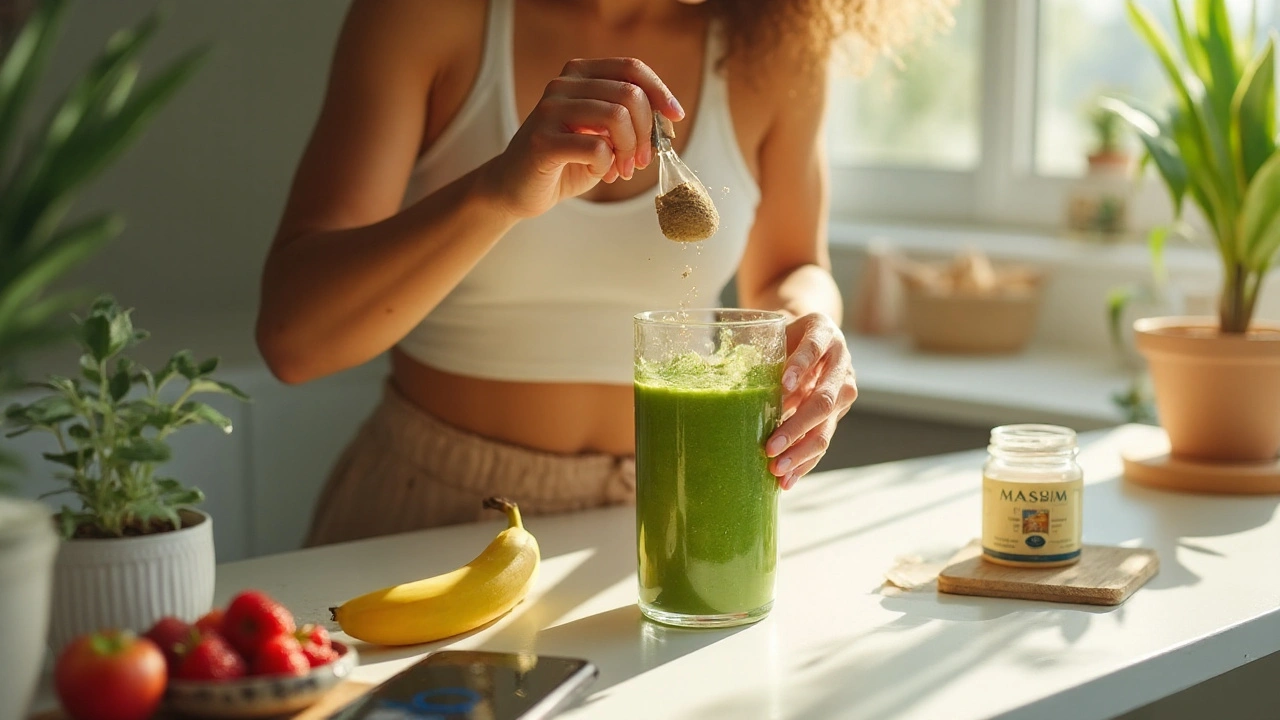Iodine Supplement: What It Is, Why You Might Need It, and How to Use It Safely
If you’ve heard that iodine is important for thyroid health, you’re not alone. Your thyroid uses iodine to make hormones that control metabolism, energy, and even mood. When you don’t get enough iodine from food, a supplement can fill the gap. This guide breaks down the basics so you can decide if an iodine supplement makes sense for you.
Why iodine matters for your body
Iodine is a trace mineral found in seaweed, dairy, and iodized salt. Most people in the United States get enough from a normal diet, but certain groups—pregnant women, vegans, and people living in areas with low‑iodine soil—can run short. Low iodine can lead to an under‑active thyroid (hypothyroidism), fatigue, weight gain, and even goitre, a swelling in the neck. Adding a supplement helps keep hormone levels steady and supports normal growth and brain development, especially during pregnancy.
Choosing the right iodine supplement and dosage
Supplements come in several forms: potassium iodide, iodate, and iodine droplets (often called Lugol’s solution). Potassium iodide tablets are the most common and easy to dose. The recommended daily allowance for adults is 150 µg, while pregnant or breastfeeding women are advised to aim for 220‑290 µg. Most over‑the‑counter tablets contain 150 µg per pill, so one pill a day usually covers the need. If you prefer a liquid, check the label for µg per drop and count accordingly.
Start with the lowest dose that meets the RDA and see how you feel. If you’re treating a deficiency under a doctor’s care, you might need a higher dose for a short period, but long‑term high doses can cause thyroid over‑activity or skin rashes. Always read the label and follow the manufacturer’s instructions.
Safety is key. People with autoimmune thyroid disease, such as Hashimoto’s, should talk to a clinician before adding extra iodine, because too much can flare symptoms. Also, those on certain heart medications may need to watch iodine intake, as it can affect heart rate. Side effects are rare at normal doses but can include stomach upset or a metallic taste.
When you shop for a supplement, pick a reputable brand that lists the exact iodine content and shows a third‑party test badge. Avoid products that claim massive “mega‑dose” amounts unless a doctor specifically prescribed them. Cheap, unverified sources may contain contaminants or inconsistent iodine levels.
In everyday life, you can boost iodine without pills by eating seaweed snacks, dairy, eggs, or using iodized salt in cooking. If you already get a balanced diet, a supplement may be unnecessary. Use the supplement as a backup, not a primary source, unless a healthcare professional tells you otherwise.
Bottom line: iodine supplements are a simple way to support thyroid health, especially for at‑risk groups. Stick to the recommended daily dose, choose a trusted brand, and check with a doctor if you have existing thyroid issues. With the right approach, you’ll keep your thyroid humming and your energy steady.

Boost Wellness with Brown Algae Supplement: Benefits & How to Use
Sep, 22 2025Discover how the brown algae dietary supplement supports weight, thyroid, skin and gut health. Learn its key nutrients, safety tips, and how to choose the best product.
READ MORE